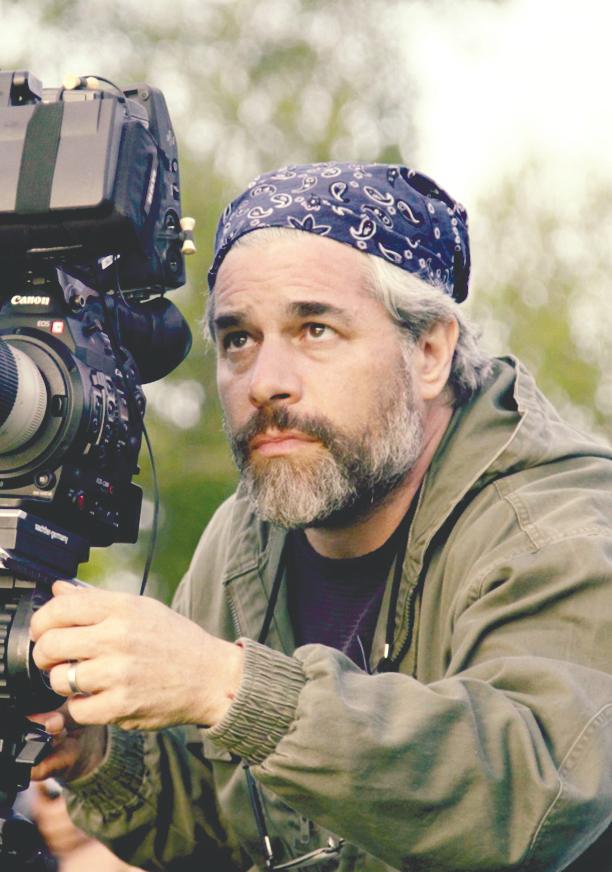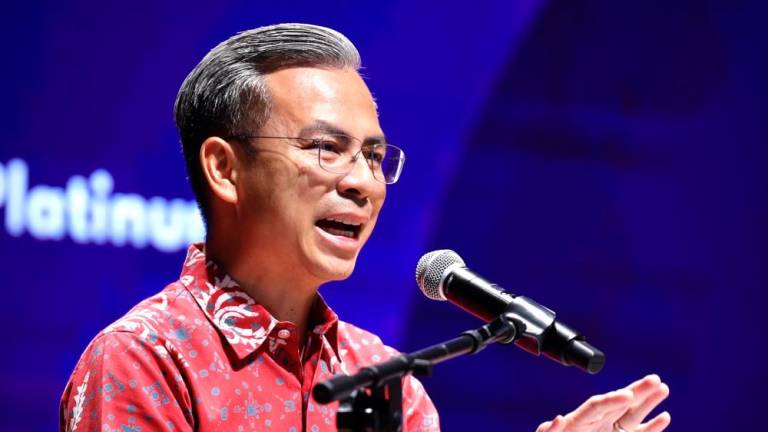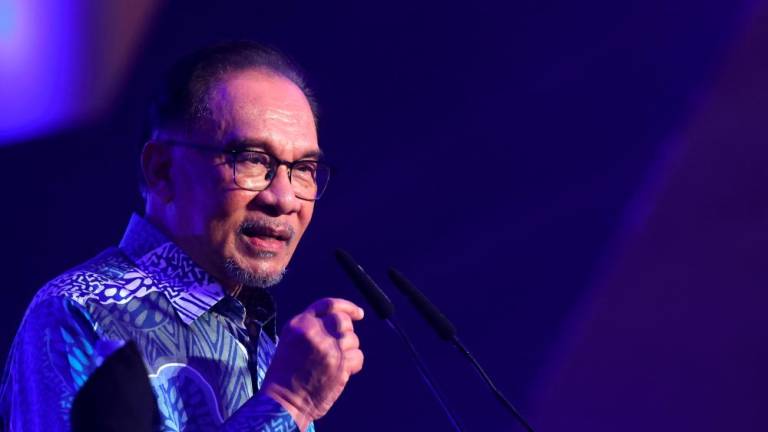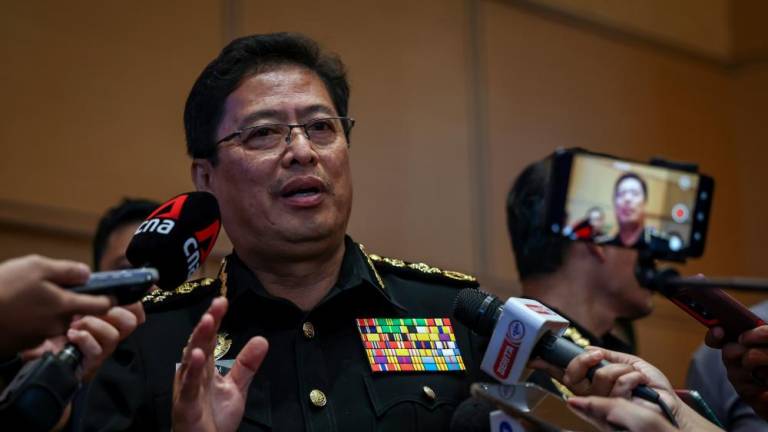Half a century ago, a young Indian forest ranger named Kailash Sanhala rallied his community, his countrymen, and the world to save India’s tigers from extinction, despite opposition from those in power.
Meanwhile, over in Russia, Pavel Fomenko has, for the past decade, been dedicating his life to saving the majestic Siberian tigers.
The stories of these two extraordinary men and their mission to save this big cat in their respective homeland are the subject of a new documentary by award-winning filmmaker Ross Kaufman called Tigerland.
Kaufman is known for his insightful documentaries on human conditions such as his Oscar-winning Born into Brothels. However, this is his first documentary on nature and animals.
In a recent interview session, the filmmaker said: “I have done films that take me to places like the brothels of Calcutta, [and] war zones like Libya and Syria.
“I have been a cinematographer all over the world. I have shot [everywhere from] the slums of Nairobi, to hospitals in the US.”
“ [But] I have never done a film about animals.”
Then he was approached by Discovery, as well as a company called Radical Films and actor Fisher Stevens (who is also documentary producer and director) to do a documentary about tigers.
Kaufman had no idea why they asked him, but when he thought about it, he realised he did not want to make a typical nature film, or a film that solely concentrated on the destruction and death of an animal.
He wanted to do a movie on “the beauty and the majesty and man’s reverence for the tiger”.
For him, it was about finding people who cared for, and want to protect tigers.
He recalled: “In the beginning, we thought we might go to other countries [besides Russia and India], but when we were shooting, we realised these were such strong stories, [that] we could tell all that we wanted [with] these two stories alone.”
Kaufman explained that pre-production (looking for stories and characters) began in the late summer of 2017. Filming started in February 2018 and took about seven weeks to complete.
While shooting in the wild, Kaufman said the crewmembers varied.
“At times it was just me and my producer Zan Parker,” he said. “Other times it will be up to seven or eight crew members (including the drone operator).”
When asked about being protected by armed forest rangers in case of tiger attacks, Kaufman said: “For me the most important thing in terms of safety is being with people who know where they are, [who are] knowledgeable about the terrain, knowledgeable about the dangers.
“While in Russia we were with Pavel most of the time, and we felt very safe with Pavel because he knew where to go and what to do, placing us out of harm’s way.”
“In India, we were with Amit (Kailash’s grandson) who is very knowledgeable and has been in the jungle all his life.
“When we were in the reserve, we always had a guide and a driver who knew what they were doing. “
“That was mandatory in India.”
Spotting tigers in the wild is difficult, but Kaufman said they were lucky that they were able to spot and get good footage of a few tigers.
“In India when we were in the reserve, the tigers are used to people in jeeps.”
“ [When we were there], we saw a tiger that was just a hundred feet away.”
“ They wouldn’t attack so long as you stay in that jeep.”
In Russia, the most surprising thing he learned about tigers (who breed like house cats) was that they thrive if given the land and space to move about freely.
As for why it is important to save the tigers, Kaufman said: “They are the apex predator, and they play an important part in the eco-system.”
“ If you kill the tiger, the whole balance of nature falls apart.”
So many sub-species of tiger, especially those from Southeast Asia have already gone extinct.
Despite having tigers on company logos, as mascots and using them as reference for strength and power, Asians have no qualms about hunting them and causing their extinction.
“One of the reasons we made this movie is because of that dichotomy, that contradiction.”
“ You can’t just explore the majesty, beauty and power the tiger symbolises.
“We also have to explore why that power drives people to kill.”
Incidentally, the tiger activists from India and Russia have never met.
Kaufman said they are each on their own paths.
“I hope they do meet. It would be great to get them all in a room together.”
Tigerland premieres over on Animal Planet (Astro Channel 556) and Discovery Channel (Astro Channel 551) on March 31 at 9.55pm.









